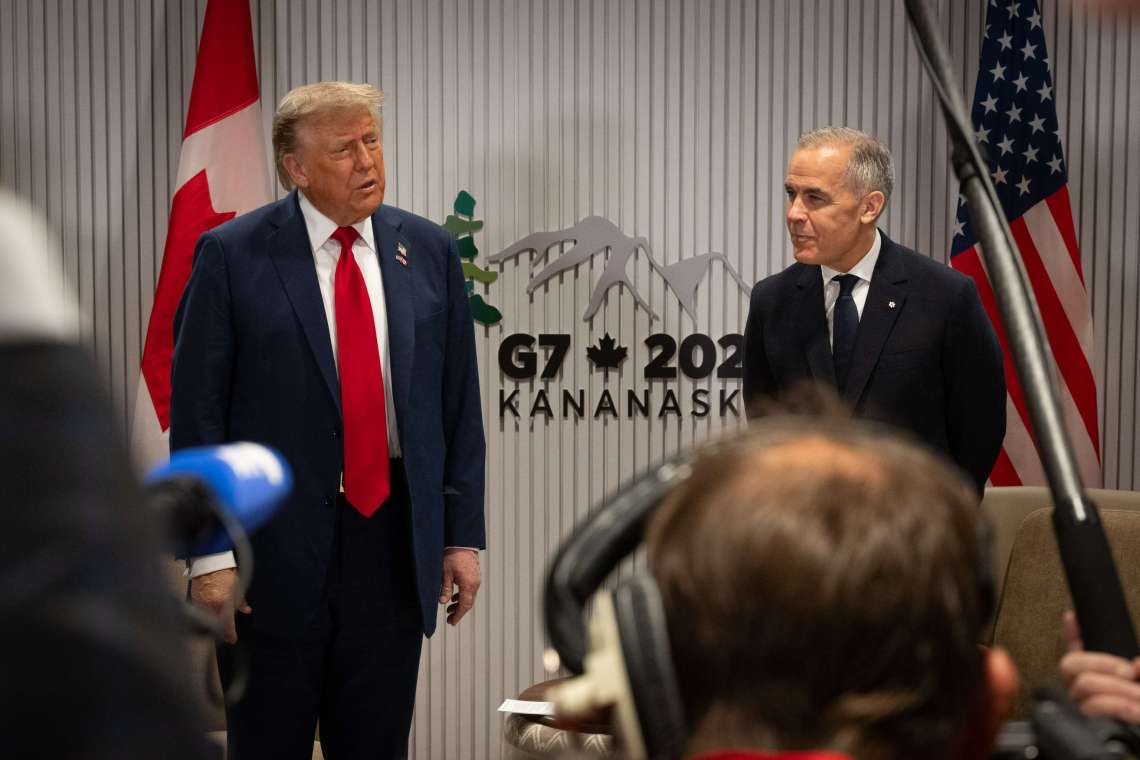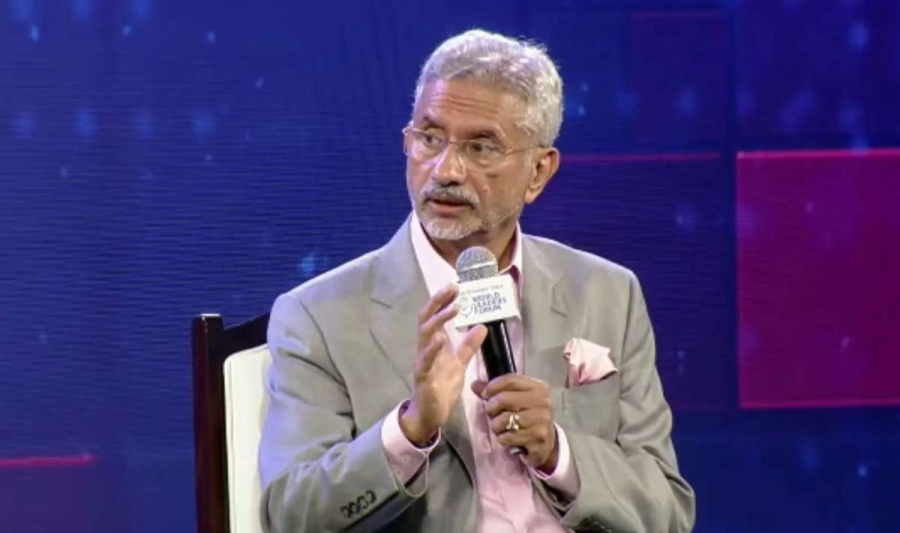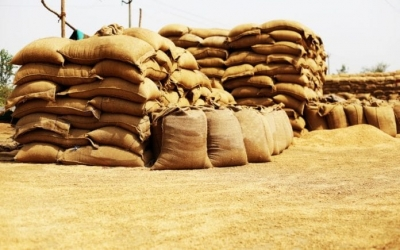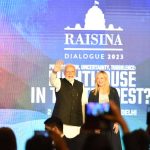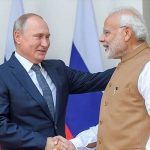Canada’s Deputy Minister for Foreign Affairs, David Morrison, emphasised Ottawa’s position during a hearing before the foreign interference commission…reports Asian Lite News
Canada has reaffirmed its support for India’s territorial integrity, marking the first such statement since tensions between the two nations flared last year. The tensions arose after Prime Minister Justin Trudeau’s allegations that Indian government agents were involved in the killing of Hardeep Singh Nijjar, a Canadian citizen and one of India’s most-wanted terrorists. Nijjar, who was the chief of the banned Khalistan Tiger Force, was shot dead outside a gurdwara in Surrey, Canada, in June last year.
Canada’s Deputy Minister for Foreign Affairs, David Morrison, emphasised Ottawa’s position during a hearing before the foreign interference commission. He stated, “Canada’s policy is very clear that India’s territorial integrity must be respected. There’s one India, and that’s been made very clear.” This clarification is seen as a signal to ease tensions and stabilize the strained India-Canada relationship.
Morrison also addressed the activities of pro-Khalistan elements residing in Canada, stating that while their actions may be “awful,” they are considered lawful under Canada’s Freedom of Speech rights. He acknowledged that many in Canada, including officials, are uncomfortable with these activities but emphasized that they remain within the bounds of Canadian law.
Canada’s declaration about respecting India’s territorial integrity is viewed as an attempt to soothe concerns in India about the Khalistani movement, which has long been a point of contention between the two nations. India has frequently expressed unease over Canada becoming a hub for pro-Khalistan supporters, while Canada has defended its commitment to freedom of expression and peaceful protest.
Relations between India and Canada hit a low after Trudeau’s allegations, which India dismissed as “absurd” and “motivated.” Following this, bilateral relations deteriorated, and trade talks between the two nations were suspended. Although Canada has been signaling a willingness to re-engage with India, there remains significant tension over the handling of pro-Khalistan activities.
Canada’s stance on free speech and its implications for pro-Khalistan groups remain a sensitive issue for both countries. However, recent efforts to clarify its position on India’s territorial integrity might signal the beginning of a possible reset in diplomatic relations.
ALSO READ: Muizzu to meet Modi




